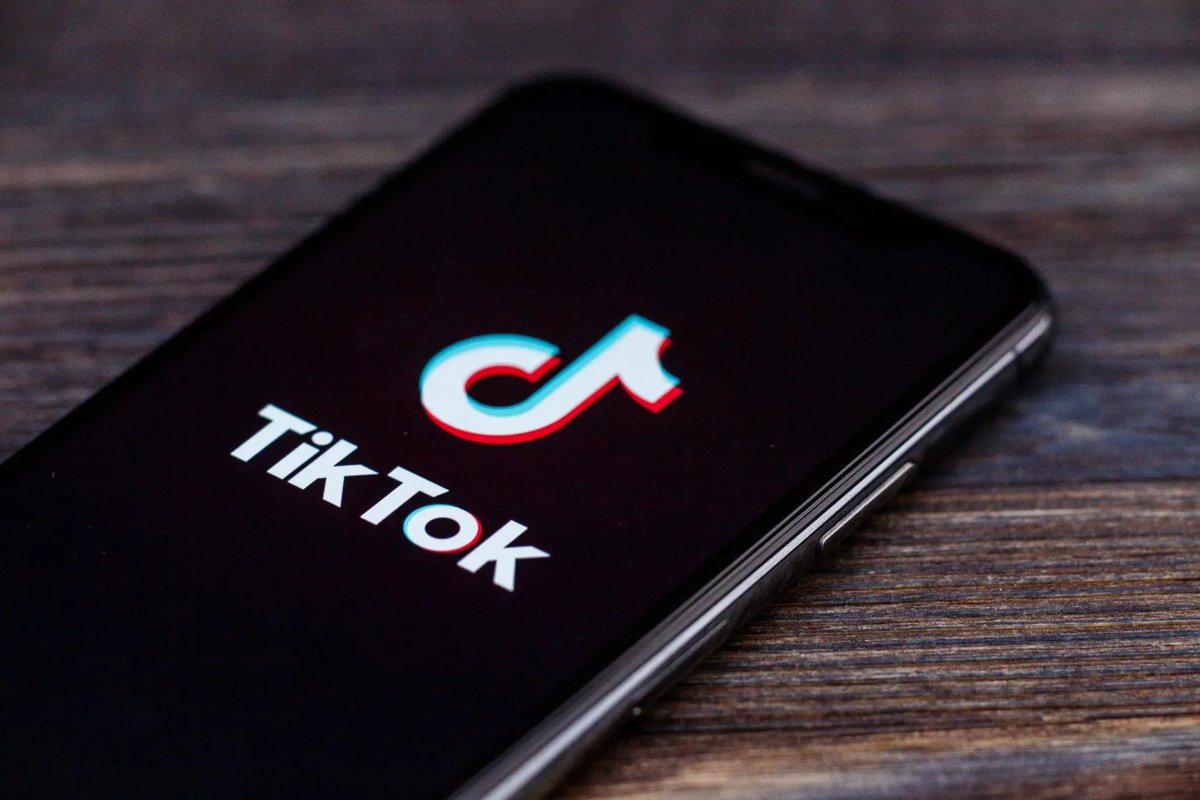#NATO says it will address #5G. Here's what that agenda should look like. My thoughts in @DefenseOne #NATOLondon. (And THREAD) (1/x)
defenseone.com/ideas/2019/12/…
defenseone.com/ideas/2019/12/…
(2/x) The 5G issue is a bellweather of how #NATO will handle China.
Done right, #5G can rejuvenate the alliance around its central mission: protecting democratic states from authoritarian incursion.
Botch it, and the rift will only increase.
Here are three concrete steps:
Done right, #5G can rejuvenate the alliance around its central mission: protecting democratic states from authoritarian incursion.
Botch it, and the rift will only increase.
Here are three concrete steps:
(3/x)
1) #NATO should allow members to count a portion of outlays on secure 5G systems towards national 2% defense spending goals.
If investing in trustworthy vendors is a priority for the United States (it should be) the alliance’s cost-sharing structure should reflect it.
1) #NATO should allow members to count a portion of outlays on secure 5G systems towards national 2% defense spending goals.
If investing in trustworthy vendors is a priority for the United States (it should be) the alliance’s cost-sharing structure should reflect it.
(4/x)
2) #NATO should conduct technical and political risk assessments on 5G networks and build shared cyber standards.
Here, the US should push for transparency requirements of 5G vendors on:
➡️corporate ownership
➡️direct government funding
➡️state influence & control
2) #NATO should conduct technical and political risk assessments on 5G networks and build shared cyber standards.
Here, the US should push for transparency requirements of 5G vendors on:
➡️corporate ownership
➡️direct government funding
➡️state influence & control
(5/x) Whether an authoritarian government subsidizes telecommunications equipment to undercut local competitors—or controls a company to steal military, commercial, or personal data—is *relevant* when considering allowing it to build the foundations of economies of NATO states.
(6/x) In short #NATO should require 5G suppliers to show credible independence from foreign governments.
That would foster internet governance to resist authoritarian surveillance & erect barriers to unfettered access of private citizen data.
Values would be at the center.
That would foster internet governance to resist authoritarian surveillance & erect barriers to unfettered access of private citizen data.
Values would be at the center.
(7/x)
3) The US should advance cooperative business models & infrastructure sharing arrangements to help countries choose trusted-yet-costlier systems over cheaper alternatives. NATO partnerships w/the EU, Finland, Sweden could build joint funding and R&D for secure 5G & 6G.
3) The US should advance cooperative business models & infrastructure sharing arrangements to help countries choose trusted-yet-costlier systems over cheaper alternatives. NATO partnerships w/the EU, Finland, Sweden could build joint funding and R&D for secure 5G & 6G.
(8/x) For the rest of NATO, these concrete steps are more politically viable. Amid divisions within allied nations over #5G, a tenuous “plausible deniability” consensus may emerge: to ratchet up requirements without singling out one country or company.
(9/x) The EU may be trending this way. A recent risk assessment noted the risks of "state actors" in 5G, but stopped short of naming China explicitly.
ec.europa.eu/commission/pre…
ec.europa.eu/commission/pre…
(10/x) The consequences of disunity are large, including a potential rift in US intelligence sharing with allies that build 5G with Chinese vendors.
wsj.com/articles/drop-…
wsj.com/articles/drop-…
(11/x) Such an outcome would be disastrous for the alliance. It would open the door to greater authoritarian interference in Western democracies, and not just from China. NATO intelligence sharing is a central tenet of its plan to combat hybrid threats from Russia and others.
(12/x) Given Russia’s long-standing goal of fracturing NATO, it’s no coincidence that Russian state media champions Huawei.
(13/x) Democracies need a competitive offer and a competitive vision for the future internet that starts with counting trusted 5G spending towards 2-percent targets, conducting joint risk assessments, and pursuing cooperative business models.
• • •
Missing some Tweet in this thread? You can try to
force a refresh








